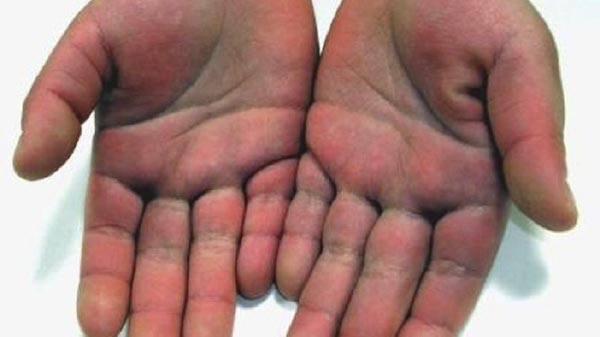
By: Dominic Robolino, Medical Student
Topic: No More Performative Diversity and Inclusion
In the days following the outcry and national uprisings over the killings of Ahmaud Arbery, Breonna Taylor and George Floyd a letter began circling the medical student community demanding an end to systemic racism and police brutality. All you had to do was sign at the bottom and you could feel confident you had done your part as a future medical professional in combating systemic racism.
While I believe this to be an important gesture from the medical community, I feel that’s all it was. It is easy to chastise others for their participation in oppressive systems. What is more difficult, and perhaps more important, however is to look inward at the ways we may also be complicit in attitudes and beliefs we claim to oppose. And while it is important for us all to call out harmful rhetoric in our daily lives, the person we are most able to change is ourself. If our condemnation of Law Enforcement as an institution complicit in the maintenance of racial hierarchy is to hold any substance it must be accompanied with an equally long and hard look at ourselves: The Institution of Medicine and Medical Education.
Medical education itself is an institution founded my white men and the values it was infused with at its inception in America can still be glimpsed today. You may have heard about how black and brown people are more likely to die from Covid-19, but the novel coronavirus did not create health disparities, it merely highlighted them. So before we criticize the police for racial profiling, consider the racial profiling that occurs in Medicine. It’s no coincidence that black people are prescribed pain medication less often than their white counterparts with similar complaints. It is the result of implicit bias that when unaddressed further contributes to our country’s racial divide.
And when I say that medical education contributes directly to health disparities, I do not say this lightly. Google Kawasaki disease. Notice anything? That’s right, nearly all the pictures are examples of the disease on lighter skin. That is the way the disease is often presented in medical education as well and this has far-reaching implications. First, physicians are not equipped to make meaningful diagnoses in patient types they did not see in their lecture slides. Second this disconnect may breed distrust and resentment between patient and physician as the physician is unable to adequately address the patient’s concerns.
Medicine arguably plays a larger role in people’s lives than any other societal institution. Everyone gets sick and everyone gets old eventually. And because health is such an important part of all people’s lives it is even more important that Medicine remain true to the ideals of egalitarianism. If we look to the past, however that is simply not the case. The history of medicine is riddled with brutal experiments and violations of basic human rights, especially regarding people of color, women and other historically marginalized groups. From undiagnosed and untreated syphilis in Alabaman black men to forced sterilization during the eugenics movement, Medicine has a lot to answer for.
If medicine continues to spotlight and prioritize the care of white people, communities of color suffer. And although it is certainly of benefit for medical schools to sponsor free clinics and diversity programs, transforming medical education has the potential to achieve much more.
